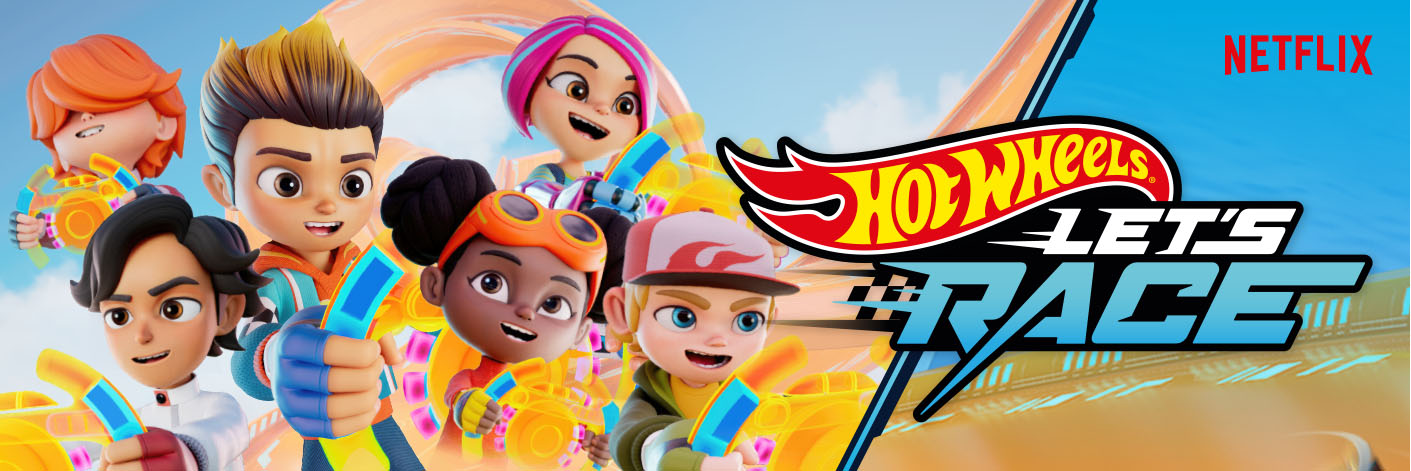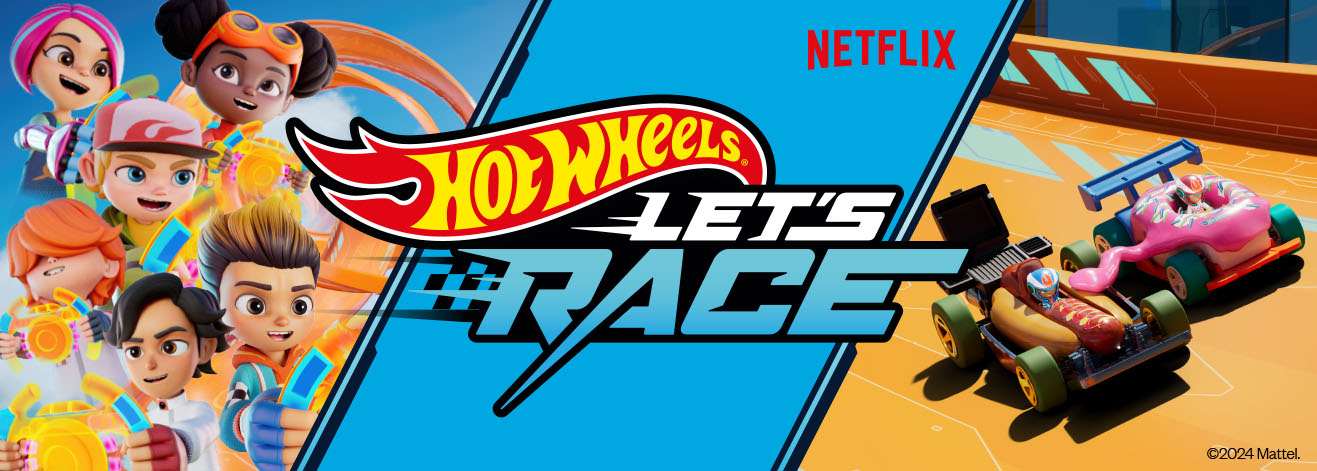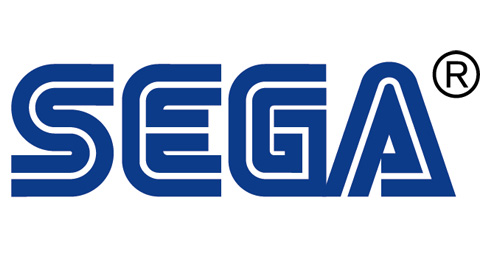Whether it was at its former home along Little Russell Street in London’s Bloomsbury, or its new Wells Street, Fitzrovia abode, The Cartoon Museum had never previously had an issue with footfall. At the height of its popularity in the former location, the museum was pulling in 38,000 visitors a year. In its new site, it was on track to hit an all-time record.
But that was a time before the coronavirus had hit 2020 like an over-sized mallet over the head. By March this year, it was inevitable that numbers wouldn’t hold, with fewer and fewer making the journey to the UK’s capital. In the same week that the museum’s doors were finally closed at the hands of Covid-19 on March 18th, visitor numbers had hit an all time low of 50 per cent of its average.
Six months later, the museum’s doors remain closed, and the some 18,000 pieces housed within, decorate the walls of empty rooms. The Cartoon Museum has missed its key Easter to summer period – the period during which UK museums make most of their money – and subsequently has lost as much as 75 per cent of its income for this year. But however bleak this picture may seem, the optimism and support surrounding the museum and the community it embodies tells a very different story.
In a firm stance against the plight, The Cartoon Museum has found itself at the centre of a rallying cry from the comic and cartooning communities, with some of the biggest names on the scene throwing their weight behind actions taken to preserve this staple of modern British history.
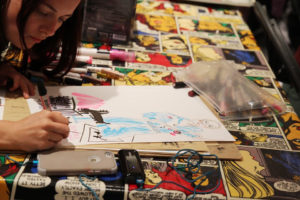
It’s without doubt a reflection of the size and passion of the UK’s comic book community that The Cartoon Museum has seen donations come in from its members and visitors, found itself the focus of an exclusive fundraising t-shirt by the UK comic book publisher Rebellion, the subject of a cover price percentage donation from ComicScene Magazine, and at the heart of a fundraising sale of The Bad, Bad Place by Soaring Penguin Press, as well as an art sale of unique pieces by the artist Dan Digby.
Not only all of this, but the museum curator’s husband has even ran a half marathon, all to help raise money for the cultural attraction. Then there’s the matter that it recently managed to secure a grant from the National Lottery Heritage Fund.
It would appear that, even as the UK navigates some of its toughest months in recent history, the nation’s affinity for and history with comic books has held as firm as ever. If ever there’s a story that exemplifies the passion of a homegrown fan base, it’s surely this one.
Licensing.biz catches up with The Cartoon Museum’s Director, Joe Sullivan and its Learning and Outreach Officer, Steve Marchant to tell the story of The Cartoon Museum and Britain’s undying love for the comic book.
Comic and cartoon aficionados Joe and Steve, hello to both of you, and thank you for chatting with us. By way of an introduction, can you talk about the history of the Cartoon Museum – when was it established, why so, and your roles at the museum?
The Cartoon Arts Trust was founded in 1989, as a way to collect and preserve key elements of Britain’s unique and nationally-important cartooning history. In 2006, The Cartoon Museum opened on Little Russell Street in Bloomsbury, London. In July 2019, the museum moved across London to a new, larger premises on Wells Street in Fitzrovia.
As of 2006, the museum has developed a reputation as a key champion of British cartoon and comic art, and a strong track record of innovative ways to democratise access to the arts. We have received 420,000 visitors, and built a nationally important collection of cartoons, comics and caricature, as well as a reference library of 18,000 items.
Over 50,000 children and adults have attended workshops, and we receive 3,000 student visits a year. We work in partnership with community-based organisations, including Laydeez do Comics, Geek Syndicate, Sketch Appeal, and MIND. We also work closely with universities and colleges, including Staffordshire, Dundee, Exeter, Westminster and Syracuse (in the USA).
Joe Sullivan is the Director of the museum, setting the vision for the future, and leading the museum forward to increase visitor numbers, and develop the collection and exhibitions programme.,
Steve Marchant is the museum’s Learning and Outreach Officer, and has been with the museum since 1991. He develops and leads the museums learning programme, teaching drawing skills to children and adults, and opening new pathways into careers and hobbies in the arts.
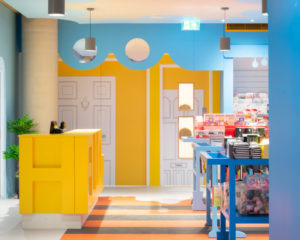
How have you guys been impacted by the ‘explosion’ of the pop culture scene in recent years? What has the matter of underground culture going mainstream done for the museum?
The ‘mainstream-ification’ of pop culture has definitely been a benefit to the museum, with increased interest particularly in comics, which gave us some of our highest exhibition attendance figures. This created the opportunity for us to run the Comic Creators project, from 2015 – 2019, funded by the National Lottery Heritage Fund. We collected 402 pages of original British comic art, including ages from the Beano and Dandy alongside pages from legendary comics such as Judge Dredd, Asterix and Watchmen.
We also are beginning to see interesting patterns relating to pop culture – for example, the highest attended UK exhibition last year was Manga at the British Museum, and our Manga half-term workshops have been incredibly popular and over-subscribed. This is a clear response to the current popularity of anime, manga and Japanese video games among children, teenagers and young adults.
So, what kind of collections and exhibits do you house at the Cartoon Museum? And what are some of the most popular?
We have a large and varied collection of cartoon and comic art, but only five to 10 per cent of our collection is on display at any one time, meaning we have a veritable treasure trove stored away. Our cartoon collection traces the history of satirical cartoons, from Heath Robinson and Gillray through to current Cartoonists Martin Rowson and Steve Bell – both of whom are Trustees.
Our comic collection of 402 items contains pages from key British comics such as the Beano and Dandy, as well as famed graphic novels including Dave Gibbon’s work on Watchmen.
In addition, we have a large library and some interesting items and ephemera, including an original Spitting Image puppet and a replica of William Heath Robinson’s infamous ‘pea counting machine’. Our collection is almost entirely original pieces of art, and part of the fascination for me is the look you get into the artists mind-set. On some of our comics you can see how the page has been assembled, with cut-out word balloons positioned over the artwork.
Our current temporary exhibitions, Hail to the Chief: The Best and Worst US Presidents, and Dear Mr. Poole (which you can view online) celebrate a theme around ‘tools of the trade’, and delve into the types of pen nibs different artists use, their relationship with specialist art stores, and what a cartoonist’s work space looks like.
How do you think the way we as a society engages with comic books has evolved across the generations?
If you look back 17,000 years into the past, Stone Age cave art shows us how narrative art has always been an essential communication for humans. It is an older form of communication than writing, and potentially older than formalised language.
Cartoons and comic books are the successor to this form of narrative art. Like anything, there are ebbs, flows and reactions in style, content and readership. Right now, the age of the internet has changed the landscape for comics. Anyone can self-publish widely on the internet, and often do, leading to a huge rise in webcomics and other narrative artforms, such as memes.

How far do comic books and cartoons go to reflect the sensibilities of their generation?
Like many mediums that are consumed en-masse, comics have evolved in response to political and social situations, which often change on a generational basis. For example, in the 1950s and ’60s, ‘girls comics’ presented a specific view of what was expected of girls at the time, with stories about boarding schools and relationships. At the time this led a lot of girls to pick up a ‘boys comic’, like Eagle, and read that instead.
‘Boys comics’ featured topics such as war, or sport. If you compare that to today, these lines are much more blurred and comics are largely written for and read by a more general audience – Roy of the Rovers, for instance, a football strip previously a bastion of ‘boys comics’ relaunched in 2016, and was quickly followed by a new strip starring his female cousin, Rocky of the Rovers.
What would you highlight as some of the most notable steps of evolution of the comic book? How do you think engagement with the medium today compares to that decades ago?
One of the earliest steps towards modern comic books in the UK was the change from featuring single-panel cartoons and prints in newspapers, to using two or three panels to create cartoon strips. One of the earliest popular characters was Ally Sloper in the late 1800s, who set a type for a lazy ne’er-do-well surrounded by a troupe of colourful characters drawn in grotesque stereotyped ways. He is considered the first ‘recurring character’, which set a precedent for new regular newspaper and magazine strips with readers returning to check in with their favourite characters.
DC Thomson started the Dandy and the Beano in the 1930s, starting a boom in comic anthologies and books. This continued through to the 1970s, where independently drawn and published ‘comix’ started to pop up, often featuring more adult-orientated material. In the 1990s web comics started to gain popularity, and in 2020 we see a mix of all that has gone before – beloved characters in long-running formats (The Beano is still being published) sit alongside deep, thoughtful graphic novel material, all of which is published often in both physical and digital formats.
Can you describe for us, the British affinity with comic books? How does the UK’s engagement differ to the likes of the US, for example?
Comics and comic readers of today are largely viewed in a different light by the mainstream today in Britain than they are in America. In Britain, the over-riding view is (and has been for a few decades) that comics are only for children. This is of course, nonsense, but you do generally see a graduation towards other entertainment mediums as children get older. However, in America comics are viewed as a viable medium for all ages, making the market bigger and healthier. Part of this may come down to the cheap and disposable nature of comics – in the US this led to a wider variety of children and adults having easy access to them before disposing of them or passing them on.
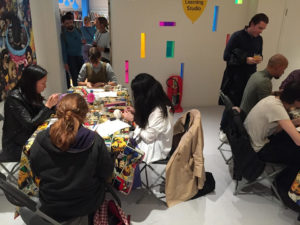
What makes a British comic British? Across the decades, has there been a common thread that holds it together as a particular ‘genre’ within comics?
British comics are often more inherently satirical in nature – 2000 AD in particular filters its action and square-jawed heroes through a lens of social collapse, providing commentary and warning on the importance of working together to make a better society. Perhaps there is a strong link to political and satirical cartooning in this, something which is a very British tradition of narrative art.
Modern comics continue this trend, and are easy to digest, and provide a great entry point into reading and telling stories. Comic books also offer a mid-point between the voyeurism of films and the imagination needed to create images in your head when reading a book. Comic books encourage the reader to create the voices of the characters and the movement between panels themselves, but in return show the reader fantastical images, design and art.
There is a give-and-take element not seen in other media.
We know that you guys have felt the impact of the coronavirus pandemic and the temporary closure of the museum… How has it been, seeing the action that’s been taken by the community to support you guys?
The museum has been very lucky during its closure, as the UK cartooning and comic communities have rallied around us to lend their support – it has been very humbling to be a part of.
We have had donations from our members and visitors, an exclusive fundraising t-shirt by Rebellion, a cover price percentage donation from ComicScene Magazine, a fundraising sale of The Bad, Bad Place by Soaring Penguin Press, an art sale of unique pieces by artist Dan Digby, and our Curator’s husband even ran a half marathon to help raise money! In addition to that, we received a grant from the National Lottery Heritage Fund.
We hope to reopen soon, but things will remain quiet for a while, and 2021 and 2022 will be difficult years for both us and other museums, with school visits not happening for a year, and a huge reduction in overseas tourists. We are safe for now and continue to fundraise, and hope to get back on our feet properly over the next year.
How can those interested help support the museum through this period?
We are expecting 2021 to be very quiet in terms of visitors, so we are still fundraising for our long-term survival. If you would like to donate to our appeal, please visit: https://www.cartoonmuseum.org/
You can also buy an amazing exclusive t-shirt from our friends at 2000AD, with all profits going to the museum: https://shop.2000ad.com/catalogue/XRC032




